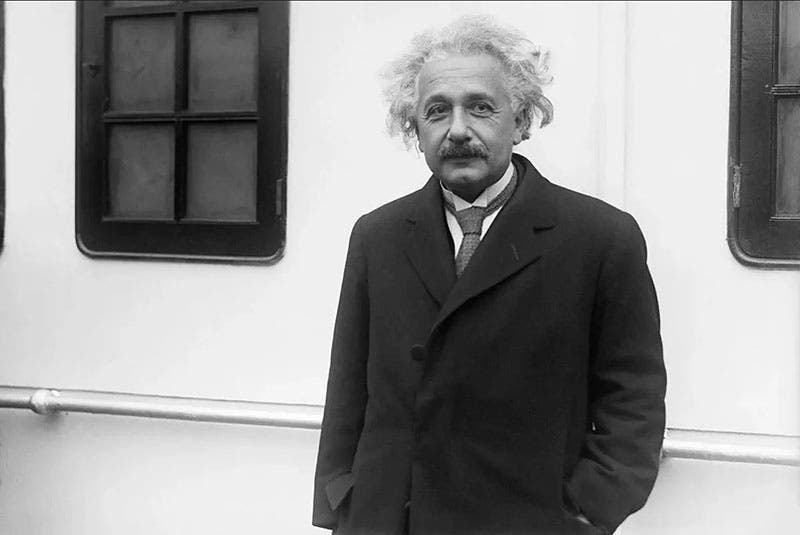20th Century Scientists

Albert Einstein
Albert Einstein (1879–1955) was a German-born theoretical physicist renowned for developing the theories of special and general relativity, fundamentally altering the understanding of space, time, and gravity. His work earned him the 1921 Nobel Prize in Physics for explaining the photoelectric effect and laid the groundwork for modern physics.
Peter J. Landin
Peter John Landin (1930–2009) was a British computer scientist whose work founded key areas of programming language theory. He introduced the SECD abstract machine, articulated the correspondence between ALGOL 60 and the lambda calculus, proposed the ISWIM language, coined terms such as “syntactic sugar,” and formulated the off‑side (indentation) rule.
Werner Heisenberg
Werner Karl Heisenberg (1901–1976) was a German theoretical physicist who pioneered matrix mechanics and formulated the uncertainty principle, foundational to quantum mechanics. He received the 1932 Nobel Prize in Physics and later led Germany’s wartime uranium research before directing the Max Planck Institute for Physics and helping shape European postwar science.